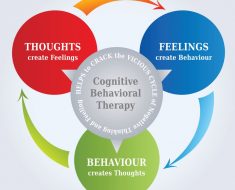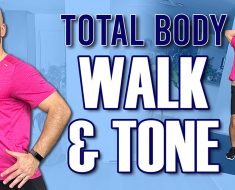How to Fall Asleep Faster: A Comprehensive Guide for Insomniacs
Many people struggle with insomnia and sleep difficulties, which can significantly impact their overall health and well-being. As a sleep wellness expert, I have compiled a detailed guide on techniques and strategies for falling asleep quickly.
By understanding the importance of sleep hygiene, establishing a relaxing bedtime routine, and making positive lifestyle choices, you can improve your sleep quality and enjoy restful nights.
The Importance of Sleep Hygiene:
Sleep hygiene refers to a set of practices and habits conducive to sleeping well regularly. Good sleep hygiene is essential for maintaining optimal health and well-being. Here are some key elements to consider:
Creating a Relaxing Bedtime Routine: Establishing a relaxing bedtime routine can signal your body that it’s time to wind down and prepare for sleep. Here are some steps to include in your routine:
Unwind with a Warm Bath: A warm bath can help relax your muscles and lower your core body temperature, making it easier to fall asleep. Adding a few drops of lavender essential oil can enhance the calming effect.
Practice Mindfulness and Meditation: Mindfulness and meditation exercises before bed can help clear your mind of the day’s stress and anxiety. Techniques such as deep breathing, progressive muscle relaxation, and guided imagery can promote a sense of calm.
Impact of Lifestyle Choices on Sleep Quality: Your daily habits and lifestyle choices significantly affect your ability to fall asleep quickly. Consider the following tips:
Regular Physical Activity: Regular physical activity can help regulate your sleep patterns. Aim for at least 30 minutes of moderate exercise most days of the week, but avoid vigorous exercise close to bedtime.
Balanced Diet: A balanced diet of fruits, vegetables, whole grains, and lean proteins can support better sleep. Avoid heavy meals and spicy foods in the evening, as they can cause discomfort and disrupt sleep.
Managing Stress and Anxiety Before Bed: Stress and anxiety are common culprits of sleep difficulties. Implement these strategies to manage them:
Journaling: Writing down your thoughts and worries before bed can help clear your mind and reduce anxiety. Consider keeping a gratitude journal to focus on the positive aspects of your day.
Limit Stimulant Intake: Avoid consuming caffeine, nicotine, and other stimulants in the hours leading up to bedtime. These substances can interfere with your ability to fall asleep quickly.
Incorporating Natural Sleep Aids and Relaxation Techniques: Natural sleep aids and relaxation techniques can promote better sleep. Here are some options to consider.
Case Study: John’s Journey to Better Sleep: John, a 35-year-old marketing executive, struggled with insomnia for years. After implementing the strategies outlined in this guide, John experienced significant improvements in his sleep quality. By establishing a consistent sleep schedule, creating a relaxing bedtime routine, and managing his stress, John could fall asleep quickly and enjoy restful nights.
A Step-by-Step Process for Better Sleep: By incorporating the techniques and strategies discussed in this guide, you can quickly improve your sleep habits and fall asleep.
#Establish a consistent sleep schedule.
#Create a comfortable and sleep-friendly environment.
#Limit screen time before bed.
#Develop a relaxing bedtime routine.
#Incorporate mindfulness and meditation exercises.
#Engage in regular physical activity.
#Maintain a balanced diet and avoid heavy meals before bed.
#Manage stress and anxiety through journaling and relaxation techniques.
#Consider natural sleep aids and aromatherapy.
With these practical and actionable tips, you will be well on your way to falling asleep quickly and enjoying a restful sleep. Sweet dreams!
Read More: Aging Backwards with Fascia Exercises for Seniors






